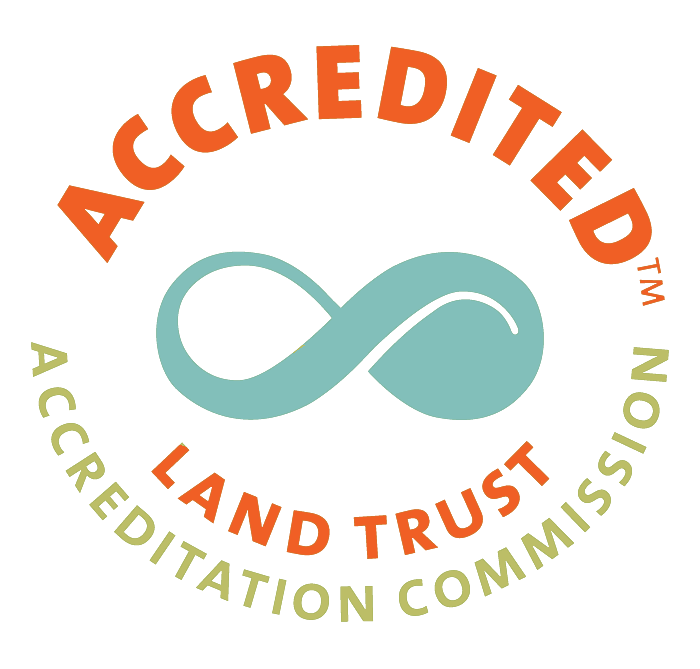Composting 101
Reduce Landfill Waste to Increase $ in your Pocket
Did you know that food doesn’t decompose in the landfill? It may seem backwards but in reality the food headed to the landfill today will still be perfectly recognizable in 25 years if you dug it up!
So, what can you do? Let’s start with an easy one - only buy what you’ll actually eat.
Obviously, when you throw away food you may as well be hucking dollar bills right into the trash, with the average American family throwing away over $2,000 worth of food every year. So, find ways to make the most out of the food you buy by storing your food properly, using leftovers for new meals, making your own soup stocks to freeze, and much more.
This is also the perfect time to set up backyard compost. Besides being a great way to keep your household waste out of the landfill, it’ll get back to helping you save where it really counts, your wallet.
How? Well, if you're on a pay-as-you-throw system the less you throw away the less bags you'll use, which means buying less bags. What if you're not paying per bag? Savings can still happen although they're slightly hidden in your tax dollars. You may not be paying out of pocket, but, you're still paying.
Food, which is mostly water, is heavy and your town pays tipping fees, or the cost of taking the trash to the landfill, by the pound. That cost is transferred to residents through taxes.
Hot, cold, fast, slow, what's the best way?
Composting can sound intimidating or complicated but it doesn't have to be. The best method is really the method that’s most convenient for you. Although you can make finished compost faster with hot methods, it takes more work and attention and most people don’t want to go to all the trouble.
The most convenient method is to simply buy or build a bin and add all your materials to it. Over time, everything breaks down. If it looks wet and slimy or it's stinky, then you need more brown materials to balance it out. If it’s just a dry pile of brown things, then you need more nitrogen-rich materials like vegetable scraps and fresh green grass clippings to heat it up. That’s all there is to it!
Other resources?
Looking for more information about composting? Click here or type https://www.nrcs.usda.gov/Internet/FSE_DOCUMENTS/nrcs143_023280.pdf into your browser.
You can also listen to podcasts about food waste reduction and composting from NPR’s Life Kit.




